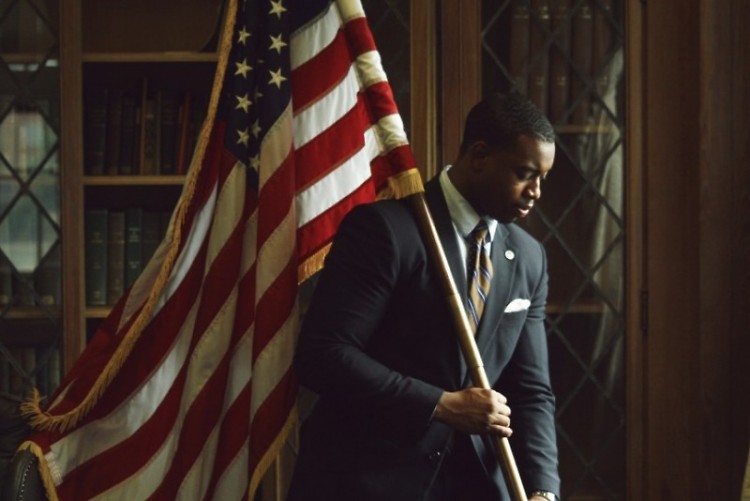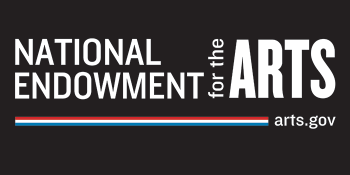Leighton Watson will visit Grand Valley State University on Monday, September 29, 2016, from 7 to 9 p.m. in the Cook-DeWitt Auditorium. The event is free and open to the public.
Leighton Watson is a graduate of Lowell High School and former Student Body President at Howard University and served as an advisor on the 21st century task force on policing with President Obama during the Ferguson crisis. Watson will visit Grand Valley State University on Monday, September 26, 2016, from 7 to 9 p.m. in the Cook-DeWitt Auditorium in order to discuss the power of student activism in the face of this challenging issue. This event will be free and open to the public. Recently, Watson took the time to speak about his own experience as an activist and student leader.
Watson describes the Black Lives Matter movement as a 21st century approach to addressing systematic racism that has deep roots in our country. Black Lives Matter has heavy implications in the African American freedom struggle, which has historically taken many forms, from Frederick Douglass and Sojourner Truth to the Civil Rights Movement of the 1960’s. Black Lives Matter is an extension of the fight against slavery and for civil rights, so I asked Watson why he thinks there such backlash against it from much of America.
“I think because racism is harder to see - it’s not as overt - people tend to think that it’s not happening. It takes somebody that can get out of their own skin to see it, but most people can’t," Watson said. He then goes on to describe his own experience, living in Richmond, Virginia, with the different forms of racism he finds himself dealing with, “Just riding in a car, in the city that I grew up in, you have the big trucks the big four wheelers, confederate flags flying out the back. They’ll drive up past me and then just stare down into my car, and I think, ‘What did I do to you?’ I didn’t do anything. They have the confederate flags and yell racial slurs.”
In response to the question of what the white community can do to help further this movement, Watson said: “(They must) turn to action, to conversation, and to legitimizing the concerns of a minority group.” Watson said that his own involvement in activism is a kind of self-preservation, because as an African American male, he doesn’t really have a choice and he knows that his experience is different compared to other Americans. “What I am is a 5’11”, African American male, with short cropped hair, dark skin and a solid build. I fit every stereotype that could be perceived by some people as dangerous.” He says that he realized that going to Howard has no impact on how he’s treated. "You start to realize that this is not a one-off situation. It is an epidemic and I could very easily end up on a T-shirt or a hashtag.”
Having experienced Ferguson himself, Watson described the atmosphere there. “I didn’t know where we were going. I didn’t know what we were doing. There was so much uncertainty, tension and anger. You could feel it. It was heavy. It permeated, saturated the air. And I’ll never forget that feeling. I don’t think anybody who hasn’t experienced it could understand: You’re walking and you’ve got the police lined up with military apparel. If their finger moved in one direction, your life could be over.”
There have at least 193 Black people killed at the hands of police this year so far. When asked what our country can do moving forward in an attempt to address the issue of police violence in minority communities, Watson believes that there needs to be accountability. “I think that you wouldn’t see the level of riots and frustration, if, in each one of these cases, there had even been convictions. And that’s not happening.” The next big note he makes is that there needs to be a nationwide conversation between people who don’t understand each other and don’t live each other’s experiences. It is important for people to educate themselves on the experiences of others, and though these may not match up with their own, to acknowledge and validate the truth behind all experiences.
For those who find themselves interested in activism, Watson said that the best way to get involved and remain undefeated is to think about the future generations and how what one does or does not do now ultimately paves the way for either a progressive or stagnated future. “If you choose not to (do something) you don’t know, maybe 30 years later nothing has happened because people gave up. People quit. Change can’t happen then because it didn’t happen now.”
"In the end, we must engage in these conversations and actions not for our own personal gains, but for the change that we may bring, no matter how seemingly small. For example, many people who fought to elect Jesse Jackson as president, never lived to see the day that Barack Obama got elected. Does that mean that they were unsuccessful? Not necessarily. And without those contributions from the people that never saw the outcome, that outcome would’ve never happened," Watson said.
The Rapidian, a program of the 501(c)3 nonprofit Community Media Center, relies on the community’s support to help cover the cost of training reporters and publishing content.
We need your help.
If each of our readers and content creators who values this community platform help support its creation and maintenance, The Rapidian can continue to educate and facilitate a conversation around issues for years to come.
Please support The Rapidian and make a contribution today.

